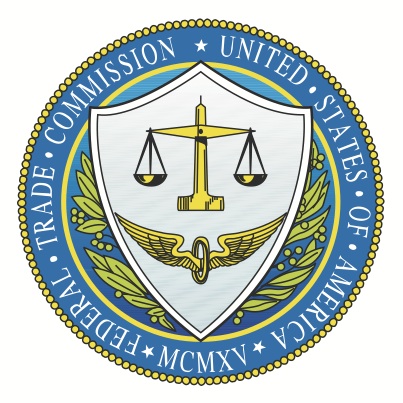The FTC Finally Agreed to Investigate Loot Boxes
The Federal Trade Commission (FTC) has decided to investigate loot boxes in video games. Much of the industry has been leaning on loot boxes, which offer more consistent revenue sources than one-time game sales, and lawmakers have grown increasingly concerned about the risks this approach to monetization poses to America's youth. Now the regulator is planning to do something about it.
Some lawmakers have been calling for the FTC, the game industry, and pretty much anyone who will listen to consider the effect loot boxes have on people who play games. Hawaii state representative Chris Lee (D) called for action in late 2017 after the Star Wars Battlefront II controversy, for example. Senator Maggie Hassan (D-NH) joined earlier this week and directly called on the FTC to intervene.
The U.S. is actually coming late to the loot box regulation party. (Not a whole lot of people RSVP'd.) Dutch gaming authorities went after Valve in June, and in September, the European Union's gambling commission announced that it planned to investigate the trend. It makes sense--the only difference between loot boxes and typical gambling is that the former's prizes are in-game items rather than real money.
That's part of the reason why loot boxes are so effective. It doesn't matter how low the chances of getting something you actually want are if there's at least some possibility. Combine that with the fact that many games make opening loot boxes a spectacle filled with neat sound effects, cute animations, and the like, and it's no wonder so many gamers find themselves spending money on these digital slot machines.
This is particularly concerning--especially from a regulatory standpoint--when loot boxes make their way into kid's games. That's exactly what Hassan mentioned in the Congressional oversight committee where she asked the FTC to investigate the model. According to Polygon, Hassan said that children are especially vulnerable to the appeal of loot boxes, which is worrying given how close they are to gambling.
There's no telling how long it will take the FTC to investigate loot boxes or, if it agrees that they need to be regulated, how it will do so. Considering how vital these revenue sources have become to game companies, odds are good that they'll aggressively lobby to protect themselves from regulation. Regulators around the world are finally paying attention to the issue, though, and that's a good thing.
Get Tom's Hardware's best news and in-depth reviews, straight to your inbox.

Nathaniel Mott is a freelance news and features writer for Tom's Hardware US, covering breaking news, security, and the silliest aspects of the tech industry.
